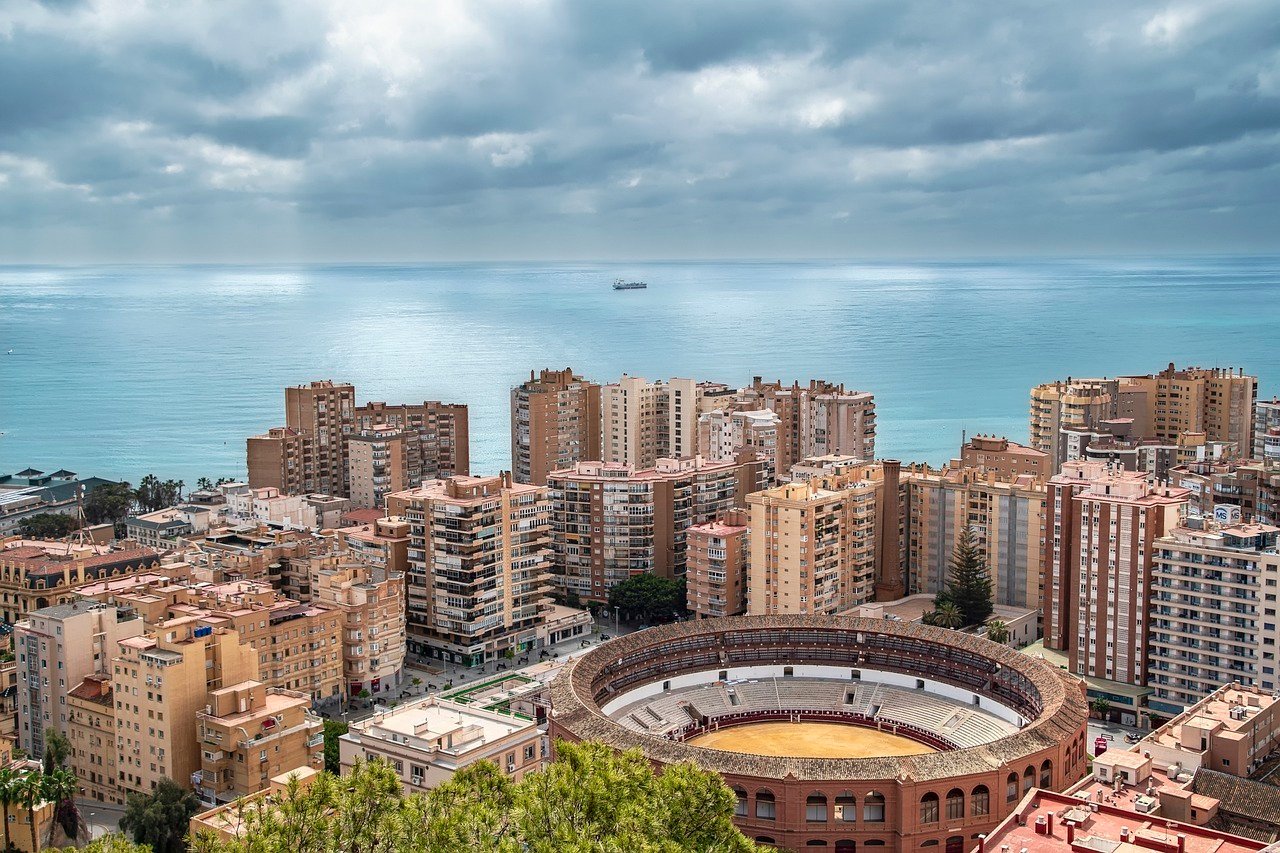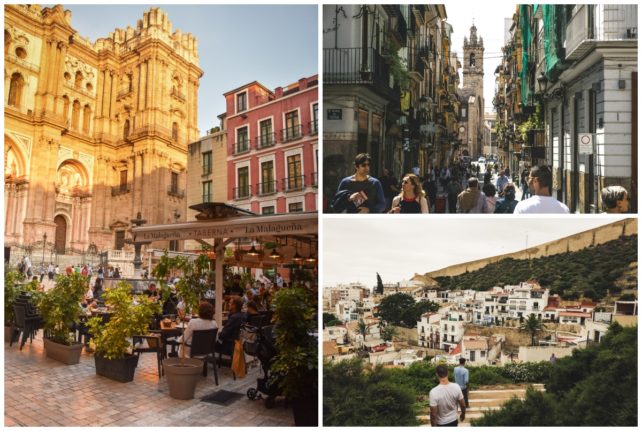The Andalusian city of Málaga took the top spot when it came to the world’s best city for foreign residents, closely followed by Alicante in second and Valencia in third.
All three Spanish cities had top 10 ratings in categories such as Ease of Settling In, Quality of Life, and Personal Finance. They were all highlighted for their welcoming cultures, enjoyability, and affordability. Málaga and Alicante also made it into the top 10 for “Expat Essentials” such as housing.
Málaga
The southern city of Málaga took the number one spot as “Expats’ Favourite City” in 2023, beating 48 other countries worldwide. This is a step up from its 2021 ranking of second place.
The Andalusian city is known for being the gateway to the Costa del Sol and its beaches, as well as its strong arts and cultural scene.
According to the respondents, Málaga was ranked best for Local Friendliness. A total of 89 percent said that the locals are particularly friendly towards foreign residents, versus 65 percent globally. Unsurprisingly it also came in second place when it came to finding friends.
Málaga also came in second place for in the Quality of Life Index, and first place for its much-sought-after climate and weather.

Foreign residents also loved the city for its leisure options, ranking it in second place. Málaga also featured among the top 10 in the Travel & Transit (8th) and Healthcare (10th) categories.
Unsurprisingly city’s lowest (but still above average) ranking was for working, coming in 13th spot. It also ranked very close to the bottom (41st) for the local job market. Despite the lack of good jobs, the city claimed the top spot for work-life balance.
When it comes to accommodation, the city came in sixth for housing, 11th for easiness of finding housing and fifth for affordability. The city scored particularly well among foreigners who want a low cost of living too, coming in top for Personal Finance and general cost of living. Overall, 88 percent of foreign residents are happy with their life in Málaga, compared to 72 percent globally.
READ ALSO: How much does it really cost to live in Spain’s Málaga?
Alicante
Alicante has long been a popular place for foreigners to move to, particularly among the Brits. This year it places second out of 49 in the Expat City Ranking 2023.
Of Spain’s 50 provinces, Alicante comes out as the favourite spot for Brits with 76,739 living there.
READ ALSO – MAP: Where do Spain’s British residents live in 2023?
The city excelled in the Ease of Settling In category coming in second and also claimed the top spot in the Culture & Welcome category. In fact, it took top spots for feeling welcome, feeling at home and social lives.
Alicante also ranked in third place in the Personal Finance category, showing that it’s reasonably affordable too. The majority of foreigners (78 percent) are happy with the general cost of living, compared to only 44 percent globally. The city even ranked first globally for affordable housing.
READ ALSO: Four in ten properties sold to foreigners in Spain are in Alicante
Quality of life is another reason Alicante scored highly. Healthcare came in fifth place, scoring for its affordability (6th) and availability (8th).
READ ALSO – Alicante vs Valencia: Which one is better to live in Spain?

Foreign residents also enjoy the excellent local leisure options (7th), which were boosted by great air quality (7th) and climate and weather (3rd).
It narrowly missed out on the top spot largely due to its low ranking in the Working Abroad category where it came in 40th place.
Foreigners reported that the local business culture does not promote creativity (39th), independent work (40th), or flexibility (41st). The ratings for their personal career opportunities (40th) aren’t any better either.
Despite this, overall 92 percent of foreigners are happy with their life in Alicante, compared to 72 percent globally.
Valencia
Valencia was named the best city for foreign residents in the InterNations Expat City Ranking for 2022, and while this year, it has slipped to third place, it’s still one of Spain’s most popular cities.
Despite this, it’s still a favourite city among foreigners who rank it particularly high for its quality of life, leisure options and recreational sports.
READ ALSO – Moving to Valencia: A guide to the best neighbourhoods to live in
Valencia is known as being the birthplace of paella, but is also loved for its fantastic beaches, atmospheric old town and the 7km Turia Gardens park that wind their way around the city.
Affordability of healthcare came in first place, while availability came in third, ranking among the best healthcare worldwide.
READ ALSO – REVEALED: The cheapest and most expensive areas to buy or rent in Valencia

Ease of getting around, public transport and being able to walk and cycle were also cited as highlights.
Like the other two cities though the Working Abroad category did not score highly, coming in 36th place. Career Prospects went down to 47th, which is the worst rated among the Spanish cities included in the ranking.
Despite this, 79 percent are happy with their work-life balance (vs. 63 percent globally). Foreign residents are pleased with the general cost of living (3rd) and Personal Finance (6th). It also came in 7th for affordable housing.
This could be helped by the fact that most feel welcome there and consider local residents to be friendly (89 percent vs. 67 percent globally for both factors).
A total of 80 percent of foreigners are happy with their social life in Valencia, compared to only 56 percent globally. These above-average results lead to a 6th-place ranking in the Ease of Settling In.
Overall 91 percent of foreigners are happy with their life in Valencia, compared to 72 percent globally.
Two other Spanish cities also scored highly in the rankings. The capital of Madrid came in sixth place, while the Catalan city of Barcelona took 13th spot.



 Please whitelist us to continue reading.
Please whitelist us to continue reading.
Member comments